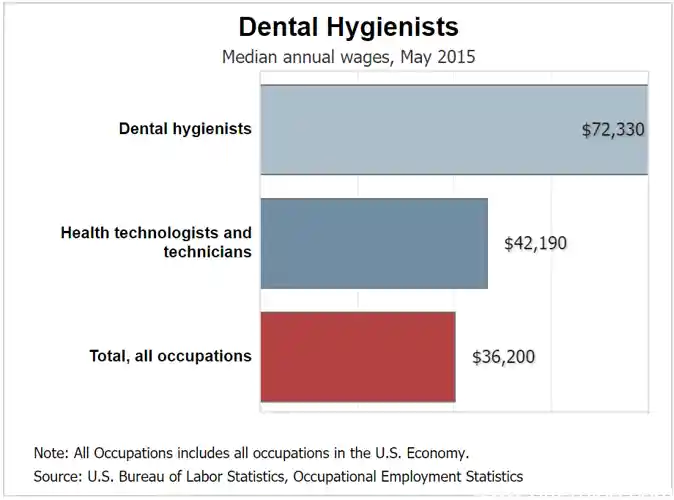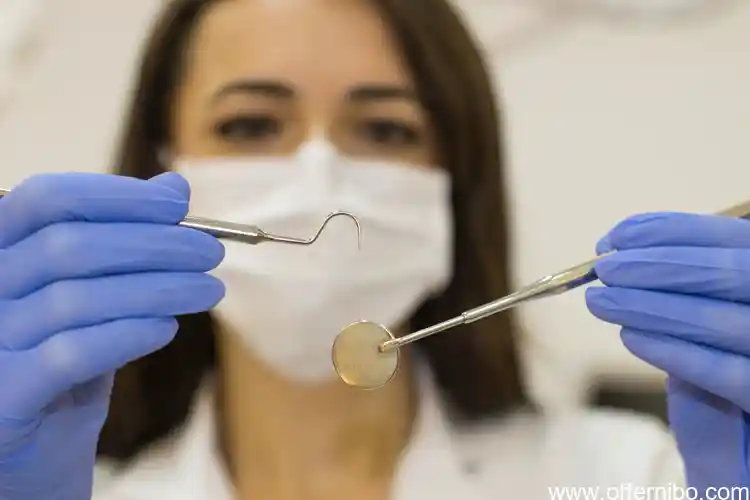Embark on a journey towards a fulfilling career as a dental hygienist, where you will play a pivotal role in safeguarding oral health and fostering radiant smiles. To embark on this noble path, it’s essential to delve into the educational requirements that will equip you with the knowledge, skills, and expertise to excel in this profession. This comprehensive guide will illuminate the educational landscape for aspiring dental hygienists, empowering you to make informed decisions about your academic pursuits.As you embark on this educational odyssey, you will encounter two primary pathways: the associate degree and the bachelor’s degree. Each path offers unique advantages and considerations, and understanding their distinctions will guide you towards the program that aligns with your aspirations and career goals. The duration of the chosen program will also be a crucial factor, shaping the timeline of your educational journey.Throughout your educational journey, continuing education will be your constant companion, ensuring that your knowledge and skills remain sharp and up-to-date. By actively participating in professional development opportunities, you will stay abreast of the latest advancements in dental hygiene, enabling you to provide exceptional care to your patients.Along the way, you will discover a wealth of resources and support systems designed to empower your success as a dental hygiene student. These resources, ranging from academic mentorship to financial aid assistance, will provide you with the tools and guidance necessary to navigate the challenges and maximize the rewards of your educational journey.
What Education is Required to Become a Dental Hygienist?

Becoming a dental hygienist is a rewarding career path that requires proper education and training. The level of education you need depends on your career goals and the state in which you plan to practice. In most cases, you will need to complete an associate’s degree program in dental hygiene, which typically takes two years to complete. Some states may also require you to obtain a bachelor’s degree in dental hygiene, which takes an additional two years to complete. After completing your education, you will need to pass a national board exam and obtain a license from the state in which you plan to practice.
Associate Degree vs. Bachelor’s Degree: Which is Right for You?

Deciding between an associate degree and a bachelor’s degree in dental hygiene can impact your career path and earning potential. An associate degree typically takes two years to complete and provides the foundation necessary to practice as a dental hygienist. It focuses on the technical skills required for patient care, such as cleaning teeth, taking X-rays, and assisting dentists with procedures. On the other hand, a bachelor’s degree takes four years to complete and offers a broader education in addition to the technical training. It includes coursework in subjects like public health, nutrition, and oral pathology, preparing you for leadership roles in dental hygiene or pursuing further education in dentistry. The choice between the two depends on your career aspirations, time constraints, and financial situation. Consider factors like the job market in your area and your interest in research or teaching to make an informed decision.
How Long Does it Take to Become a Dental Hygienist?

Embarking on the journey to become a dental hygienist requires you to invest both time and effort in your education. The duration of your educational journey depends on the path you choose and your commitment to the profession. Let’s explore the different options available and help you determine the timeline that aligns best with your aspirations.
The Importance of Continuing Education for Dental Hygienists

Continuing education is the cornerstone of a successful dental hygiene career. Think of it as a roadmap to staying current with industry advancements and best practices. As technologies evolve and research sheds new light on oral health, it’s crucial to keep your knowledge sharp to provide the highest standard of care to your patients. By investing in continuing education, you not only enhance your skills but also demonstrate your commitment to staying at the forefront of your field. It’s an investment in your professional growth and the well-being of those you serve.
Resources and Support for Dental Hygiene Students
No matter how proficient you are in your academics, the journey of becoming a dental hygienist can be overwhelming. It’s like embarking on a thrilling adventure, but without a map. That’s why seeking support and resources is crucial. Fortunately, you’re not alone in this quest. There are mentors, organizations, and online communities dedicated to guiding you through the maze of dental hygiene education. They offer invaluable advice, mentorship programs, scholarships, and networking opportunities that can make your path to success smoother.
**Q1. How many years of education does a dental hygienist need?**
**Ans: Typically, a bachelor’s degree in dental hygiene is required to become a licensed dental hygienist.**
**Q2. What are the educational requirements for dental hygienists?**
**Ans: Most states require a bachelor’s degree in dental hygiene from an accredited program.**
**Q3. Is a master’s degree required to be a dental hygienist?**
**Ans: A master’s degree is not typically required to practice as a dental hygienist.**
**Q4. What is the difference between a dental hygienist and a dentist?**
**Ans: A dental hygienist is a licensed professional who performs oral hygiene services, while a dentist is a licensed professional who diagnoses and treats oral diseases.**
**Q5. How long does it take to become a dental hygienist?**
**Ans: Typically, it takes four years to complete an associate or bachelor’s degree in dental hygiene.**
**Q6. What is the employment outlook for dental hygienists?**
**Ans: The Bureau of Labor Statistics projects that the employment of dental hygienists will grow 11% over the next decade.**